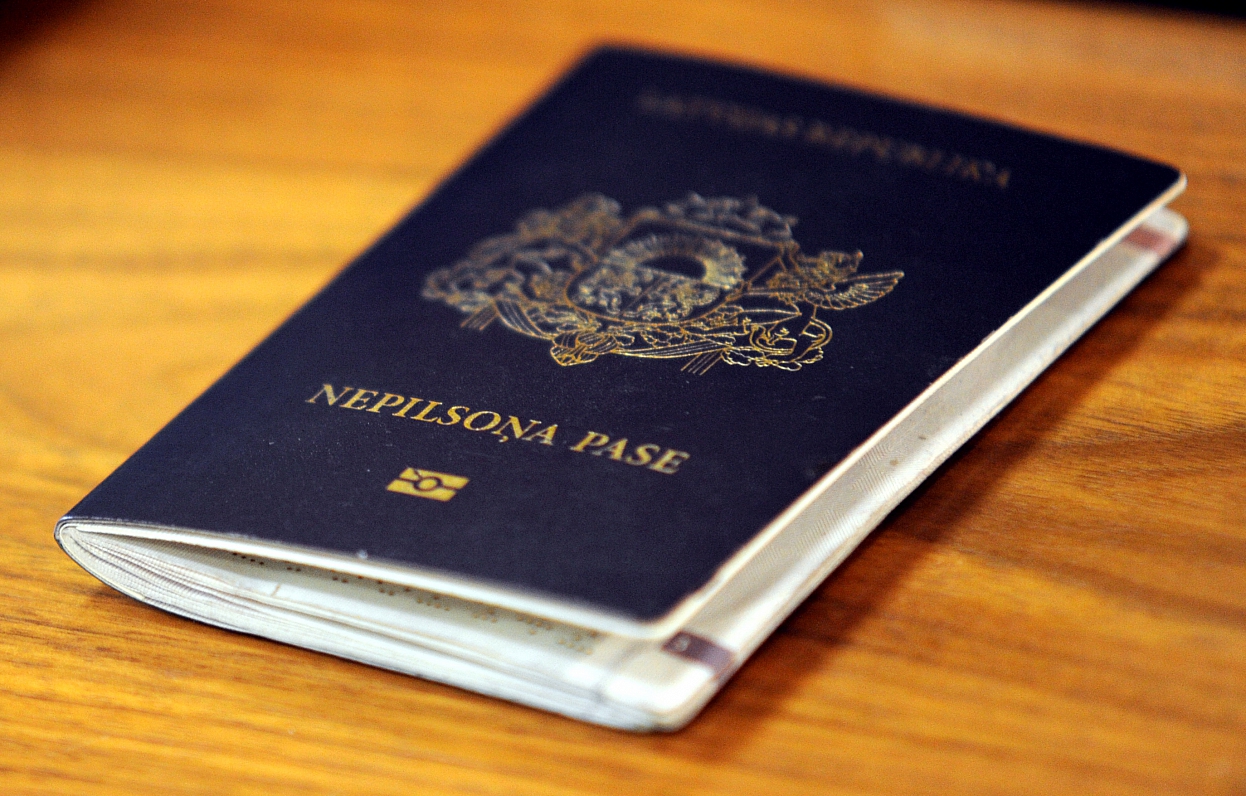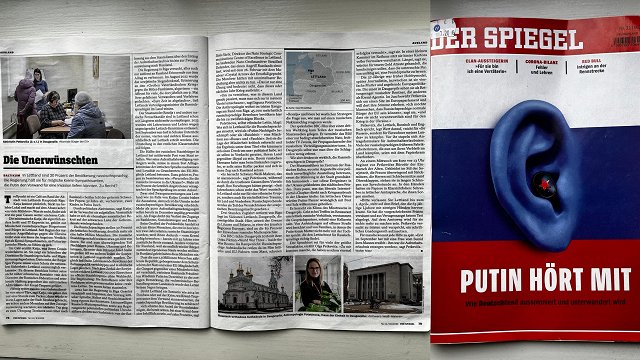From January 1, children born in Latvia will receive either Latvian citizenship or citizenship of another country if both parents agree on that other citizenship. The default will be Latvian citizenship for all children born to Latvia-resident parents.
If the child is born outside Latvia or one of the parents is a citizen of another country, the parents will have to submit an application and documents certifying that the child is not and has not been a citizen of any other country in order to be recognized as a Latvian citizen.
The law was originally proposed by President Raimonds Vējonis when he was still in office and despite initial rejections by Saeima has received subsequet backing from his successor, Egils Levits, as a way of finally preventing a situation in which children could be born without citizenship and instead be deemed "non-citizens" with residency rights but restrictions on their ability to vote and to work in parts of the public sector.
"By adopting the relevant changes to the law, the wish expressed by both the previous and incumbent presidents to create a framework of law that automatically grants citizenship to children is fulfilled," said Artuss Kaiminš, chairman of the Saeima's Human Rights and Public Affairs Commission.
The complex "non citizen" situation is a legacy of the years of Soviet occupation when large numbers of people who had not been Latvian citizens in the first period of independence came to Latvian territory. With the collapse of the Soviet Union many remained, not least because they had families, but Saeima decided they were not to be granted automatic citizenship and they and their descendants were instead given "non-citizen" status, though with the opportunity to become citizens via a naturalization process.
More than 146,000 people have achieved Latvian citizenship via this route since 1995.
Though 270,000 people out of a total population of 1.9 million (around 11%) still have non-citizen status, previous legal amendments had already greatly reduced the number of newborns in that category.
According to the data of the Office of Citizenship and Migration Affairs, 47 children were registered as non-citizens in 2016, 51 in 2017 and 33 in 2018. Latvia and Estonia, which has a similar situation, have come under regular criticism from some international organizations for failing to put an end to non-citizen status, as previously reported by LSM. It is also a regular theme of Russian criticism of the countries.
Nevertheless, the decision to grant automatic citizenship has important symbolic value as well as making life considerably easier for young lives who can hardly be blamed for the circumstances of their birth, though the measure was firecely opposed by Jānis Dombrava of the National Alliance in Saeima debates.
The vote was eventually carried by 60 votes to 25, with National Alliance and New Conservative Party deputies voting against, plus one KPV LV deputy, Aldis Blumbergs and independent deputy Inguna Rībena, formerly of the National Alliance. Former Prime Minister Māris Kučinskis abstained.
The decision of the Saeima was welcomed by the civil rights Ombudsman's Office. Laila Grāvere, Head of the Children's Rights Department said: "It is indeed gratifying that this bill has been adopted and that future Latvian-born children will have the status of a citizen. This is very positive from the point of view of children's rights, as the child has the right to citizenship from birth. It's positive that it has happened."
The move was also welcomed by the Council of Europe Commissioner for Human Rights, Dunja Mijatović, who said: "I welcome the Latvian Parliament taking a decisive step toward eliminating child statelessness with the adoption of a law to grant automatic citizenship to children of “non-citizens” as of 1st January 2020, unless the parents opt for another nationality. This measure represents significant progress toward implementing the right of each child to a nationality at birth and toward fully including all children in Latvian society,"
I welcome #Latvia’s important step toward eliminating child #statelessness. #IBelong #EndStatelessness
— Commissioner for Human Rights (@CommissionerHR) October 18, 2019
Read my statement?https://t.co/lxW1WTcTDV
However, she also suggested the new law did not go as far as she would have wished, adding: "I welcome the fact that children of “non-citizens” born abroad or whose other parent is not Latvian will be included in this measure. I regret however that the parliament did not extend automatic citizenship to all stateless children in Latvia who are currently under 15.”
“Non-citizen” children between 15 and 18 can already apply for Latvian citizenship. As of 1 July 2016, there were 4816 “non-citizen” children under 15 in the country.
Former President Raimonds Vējonis said he was pleased by Saeima's action and said: "It is a decision that will make Latvia stronger. Every child is important to Latvia!"





























